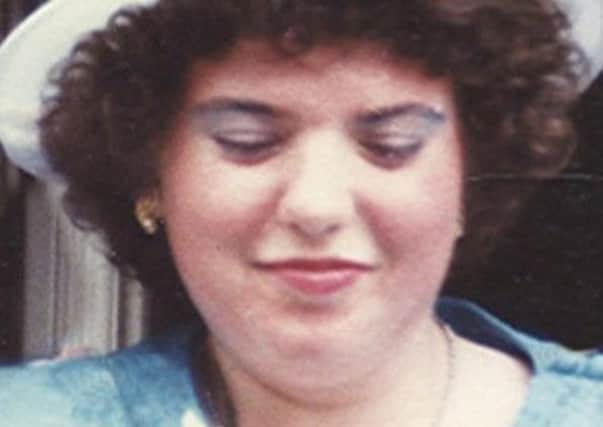Exclusive: Police warn online abuse could cause new tragedy


Technological advances have given bullies more opportunities to harrass and intimidate online through social networks as they can carry out their abuse without having to see their victim, according to Mick Lawrenson, West Yorkshire Police’s strategic lead for cyber crime.
Police in the region have reported an upward trend in reports of crimes committed using Facebook and Twitter in recent years, as forces draw up plans to deal with the growing problem.
Advertisement
Hide AdAdvertisement
Hide AdMr Lawrenson said the trend had prompted concerns that abuse on social networks could be responsible for a case similar to that of Ms Pilkington, who was found dead with her 18-year-old daughter after having complained to police 33 times about being harassed in their home in Leicestershire.
He said: “From our perspective, there is a realisation that the next Pilkington case is not going to be anti-social behaviour that drives people to do the things that happened in the Pilkington case, it is going to be through the computers, because it is more remote.
“The difference is that it is done without people seeing the impact of it, which makes it much more sterile. You are not actually seeing the impact.”
Last month teenager Hannah Smith was found hanged at her home after suffering months of bullying by anonymous ‘trolls’ on website ask.fm.
Advertisement
Hide AdAdvertisement
Hide AdAnd the recent abuse aimed at Labour MP Stella Creasy and campaigner Caroline Criado-Perez on Twitter, which led to the arrest of a 32-year-old man, has prompted calls for social networks to do more to tackle aggressive behaviour online.
Mr Lawrenson said it was not the police’s role to sort out all the issues of social network users and that responsibility also rested on the individuals themselves and companies like Facebook and Twitter.
“Everyone has got a part to play in this to make sure it is policed in the broadest terms effectively,” he said.
“I don’t see the police right at the front end of that, apart from preventative messages within partnership to give people the skills and knowledge to avoid becoming a victim of one of these kinds of crimes.”
Advertisement
Hide AdAdvertisement
Hide AdFrom this summer police will mark all ‘cyber-crimes’ with a new classification, meaning the Home Office will have a truer picture of the problem.
The number of offences involving Facebook reported to Humberside Police rose from nine in 2008 to 223 last year, according to data released by the force. It also investigated three crimes relating to Twitter, its first offences involving the network. Cases range from sex offenders setting up profiles to meet and groom victims, to people posting offensive or threatening messages online.
South Yorkshire Police says it has seen 165 incidents involving written communication on Facebook which have been classed as criminal offences since 2009, including 31 so far this year.
Sixty-one have been solved and only 35 of these have resulted in a charge, with others dealt with by a warning, summons, reprimand, penalty notice or simple caution. Many of the offences involved some kind of harassment.
Advertisement
Hide AdAdvertisement
Hide AdDavid Crompton, chief constable of South Yorkshire Police, said the volume of complaints in recent months was just as high as in 2012. “This is new business. Ten years ago Facebook and Twitter did not exist. Every time one of these comes in it is new business in comparison with where we where, not five years ago but certainly 10 years ago.
“There is a point below which we just advise people and we are not going to start seizing and examining computers and all that sort of stuff, but for the really serious stuff, troll-type stuff and very serious threats that go on, I have never had any problem with [investigating] that.”
Special report: Page 8
Comment: Page 16